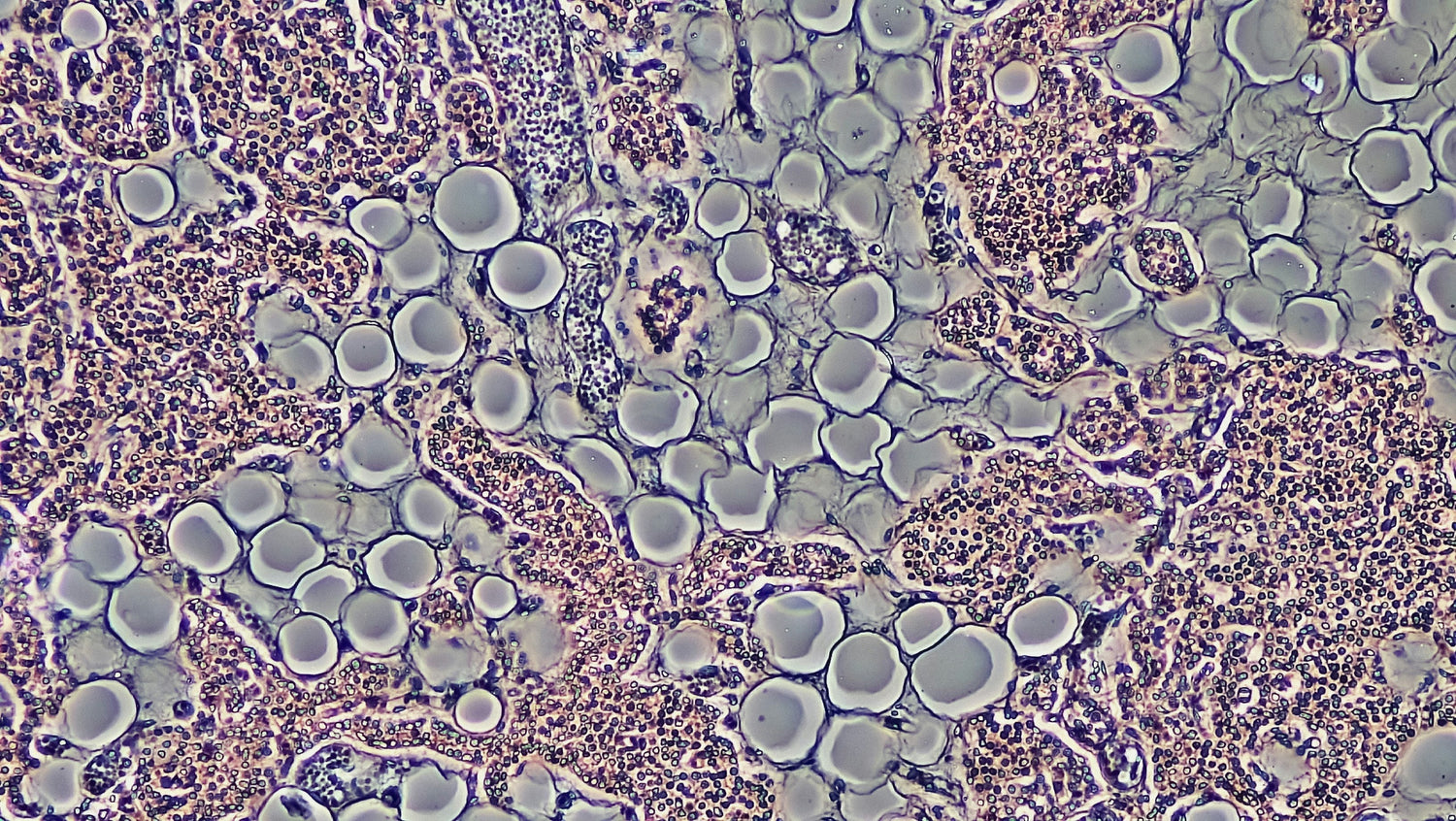In today’s fast-paced world, the word "stress" often carries a negative connotation, the advice is usually to avoid stress at all costs. But what if I told you that some stress — the right kind and the right amount — could actually slow the ageing process and improve your overall health? This is where the science of hormesis comes into play.
What Is Hormesis?
Hormesis is the concept that small doses of stress trigger the body’s adaptive responses, making it stronger, more resilient, and more efficient. Think of it as the "what doesn’t kill you makes you stronger" principle — with scientific backing.
When your body encounters a mild stressor, it activates repair mechanisms to improve cellular health and longevity. These mechanisms don’t just help us recover; they protect us from future damage, enhancing vitality and slowing age-related decline.
Hormesis and Ageing: Why It Matters
Ageing is more than just the passage of time. It’s the cumulative impact of cellular damage, inflammation, and inefficiencies in repair processes. Hormetic stressors can slow this decline by stimulating your body’s natural defence and repair mechanisms.
Here’s how hormesis works to combat ageing:
- Cellular Renewal: Mild stress triggers autophagy, the body’s way of clearing out damaged cells and recycling their components, ensuring better cell function.
- Resilience: Hormesis strengthens antioxidant defences, reducing oxidative stress — a key driver of ageing.
- Metabolic Benefits: Hormetic stressors improve insulin sensitivity, reduce inflammation, and support mitochondrial health, all essential for staying lean, energetic, and strong.
Hormetic Stressors: Finding the Right Dose
Not all stress is created equal. While chronic stress from overwork or lack of sleep is harmful, short-term, controlled stress can yield powerful benefits. Here are some examples:
-
Intermittent Fasting vs Block Fasting:
- Intermittent fasting involves shorter fasting periods, such as 12-16 hours daily, and is ideal for women who are starting to explore fasting. It allows the body to tap into fat stores, reduce inflammation, and promote cellular repair without extreme deprivation.
- Block fasting, on the other hand, involves longer periods of fasting or light detox-style menus between three and six days This deeper fasting state has more significant benefits, such as stimulating stem cell production and promoting profound autophagy. However, it requires more preparation and is best done under guidance.
-
Cold Exposure: Brief exposure to cold, such as a cold water dip, or a two-minute cold shower, stimulates fat-burning brown fat, improves circulation, and boosts mental clarity. A word of caution: If you’re considering cold water swimming, start gradually and ensure you’re in a safe environment, as sudden cold exposure can strain the cardiovascular system. Always consult your doctor if you have underlying health conditions.
-
Heat Therapy: Saunas or hot yoga / pilates sessions activate heat shock proteins, which help repair damaged cells and reduce inflammation.
-
Exercise: Strength training, Pilates, or high-intensity interval training stress the muscles and cardiovascular system just enough to promote growth, repair, and improved metabolic health.
The Sweet Spot: Stress in Balance
The key to reaping the benefits of hormesis is balance. Too much stress can overwhelm your body, while too little won’t activate repair processes. Aim for the "Goldilocks zone" — the right amount of stress that your body can adapt to. So, the next time you hear the word "stress," don’t shy away. With hormesis, a little bit of the right kind of stress can work wonders.
- Start Small: Introduce one hormetic practice at a time. For instance, try intermittent fasting by adding a 12-hr window between your last meal of the day, and the first meal the next day. Consider skipping one dinner a week too.
- Consistency Over Intensity: Small, regular efforts, like a daily 2-minute cold shower, are more sustainable than occasional extremes.
- Personalise Your Approach: Pay attention to your body’s responses and adjust. What works for one person may not work for another, so find your own rhythm.





